The Forum of Ministers Responsible for Immigration (FMRI), met on 28th July to study opportunities for the future of immigration to Canada and actions to respond to pan-Canadian labour shortages.
All Ministers discussed ways to boost the effectiveness of the immigration system to comply economic and regional needs, including increasing provincial/territorial (PT) involvement in the selection process and input into Express Entry modernization, avoiding duplication, increasing the allocations of the Provincial/Territorial Nominee Programs (PNPs) and providing timely multi-year allocations before March 31st, 2023.
Ministers had deep discussion regarding Canada’s immigration response to the full-scale invasion of Ukraine and the humanitarian crisis in Afghanistan, federal-provincial/territorial (FPT) measures to captivate immigrants to touch labour market and demographic needs, and recent settlement and integration efforts.
Ministers investigate the improvements made towards achieving the FPT Strategic Plan for Immigration (SPI) 2020-2023 and confirmed their commitment to establish the immigration system is an effective tool for economic recovery, protecting the world’s most exposed populations, and helping newcomers fully participate and succeed in a welcoming Canadian community.
Ministers supported substantial FPT collaboration on temporary resident settlement services, immigration policies, and programs and pathways to transformation from a temporary status to permanent residency.
From the last year, immigration continued to contribute to population and economic growth in Canada. Ministers took report of the joint FPT efforts to welcome and settle over 405,000 immigrants in 2021, a record number. FPT consultations on shared priorities for the immigration levels plan remain a foundation of Canada’s immigration system. Ministers identified the need to build on consultation efforts and seek insights more effectively from stakeholders, partners and Indigenous Peoples.
The FMRI discussed the requirement of improving federal immigration processing times. Ministers throw back on the outcomes of federal notable measures introduced during the pandemic and agreed that going forward, short-term immigration steps must be consistent with longer term goals. It will be important to observe and analyse the impacts of current and emerging pressures on the immigration system, such as a growing demand for housing and social services, when planning for the future.
Also Ministers accepted that Canada has one of the best comprehensive and facilitative immigration systems in the Organisation for Economic Co-operation and Development (OECD) though opportunities for development remain. Reflecting on the increasing complexity of the economic immigration system, Ministers agreed on the need for a more agile, client-centered system.
Ministers acknowledged the essential roles and responsibilities of federal and PT governments in Canada’s immigration system, and highlighted the importance of working together so programs are complementary and flexible. Ministers recognized that it is essential for federal and PT governments to collaborate to achieve regional economic immigration objectives. Ministers highlighted that PT knowledge of real-time regional labour market needs is an advantage that must be leveraged.
Furthermore, Ministers considered ways to meet regional needs and increase immigration to Canada’s smaller and rural or remote communities including mapping and coordinating economic and settlement capacity across the country, taking stock of the lessons learned from the Atlantic Immigration Program (AIP) and the Rural and Northern Immigration Pilot (RNIP).
The well set and successful PNP remains the primary tool for regional economic immigration and allows for testing of new approaches to meet a wide range of demographic and labour market needs. PT Ministers called for timely increases in PNP allocations to help address increasing labour needs in jurisdictions across the country and expressed unanimity over the need for greater agency over the PNP programs and the selection process of economic immigrants.
Ministers agreed to take steps to ensure public support for immigration remains strong, and to continue to work together to ensure that long-term FPT immigration goals contribute to Canada’s future prosperity. Ministers committed to a mid-term meeting in advance of the annual FMRI Ministers Meeting.




